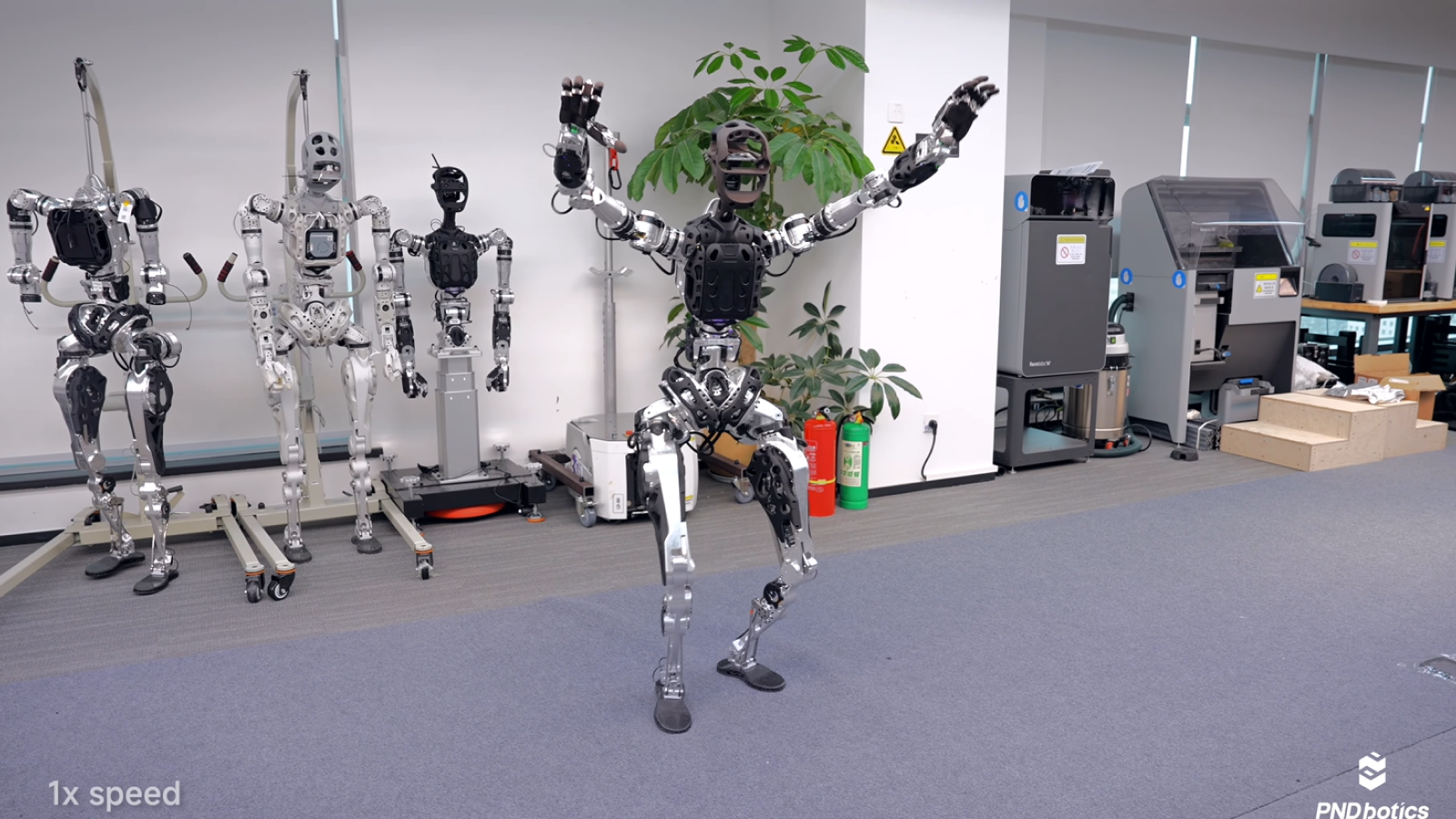Sounds of Arguing Affect Sleeping Babies' Brains

Hearing the sounds of arguments affects how a baby's brain processes emotional tones of a voice, a new study finds. The little ones' brains lit up in response to angry tones, even while they were asleep.
Babies' minds are extremely malleable. The environments and events they experience shape their brains for good or for ill. Stress due to maltreatment or being raised in an institution can take a toll on a baby's development. But this study, to be published in a forthcoming issue of the journal Psychological Science, shows that even moderate stresses can affect brain function.
"We were interested in whether a common source of early stress in children's lives — conflict between parents — is associated with how infants' brains function," lead study author Alice Graham of the University of Oregon said in a statement.
Graham and her colleagues scanned the brains of 20 sleeping infants, ages 6 months to 12 months, using functional magnetic resonance imaging (a technique that measures blood flow as a proxy for brain activity). Inside the scanner, the babies heard nonsense sentences spoken by a male adult in very angry, mildly angry, happy or neutral tones.
The sleeping infants' brains showed distinct patterns of activity corresponding to each different emotional tone, the study revealed. Compared with babies raised in healthy homes, infants in high-conflict homes (as reported by their mothers) had a greater response to the very angry voice in brain regions involved in stress and emotion regulation — the rostral anterior cingulated cortex, the caudate, the thalamus and the hypothalamus. Previous studies in animals indicated that these regions show effects of early life stress on development, and this study suggests human babies may experience a similar phenomenon.
The findings suggest babies are aware of parental conflicts and that these conflicts may affect how the infants' brains handle stress and emotion, Graham said.
Follow Tanya Lewis on Twitter and Google+. Follow us @livescience, Facebook & Google+. Original article on Live Science.
Get the world’s most fascinating discoveries delivered straight to your inbox.

 Live Science Plus
Live Science Plus





